By Seth Dolinsky
Happy 2025.
This is the second in a series of articles on our local farms, focusing on those committed to feeding Sonomans on a large scale.
The first on the list is one of the oldest farms in Sonoma Valley, selling staples, among other great products. I recently caught up with Melissa Bucklin, current head Farmer at Oak Hill, alongside her partner Jimi Good.
How long has Oak Hill been in business?
“Around 50 years. Otto Teller began the farm business by selling floral ’backing greens’ (myrtle, eucalyptus, magnolia) to a wholesaler in New York. Over the years the business shifted to the San Francisco Flower Market, and when Otto married Anne Teller in the late 80’s, the farm began to grow vegetables and fruits, particularly under the expert guidance of Paul Wirtz in the early 2000’s. The farm has slowly but surely shifted away from the wholesale flower business into a retail produce focus.”
How many acres do you farm?
“We actively farm 10-to-12 acres of row crops and orchard, plus 10-to-20 acres of grazing pasture for cattle, and a few pockets of perennial greens tucked around the property.”
Much of your property has been protected by conservation easements. Tell us about that.
“The Oak Hill Farm property was the first property to be protected by the Sonoma Land Trust, and Otto and Anne Teller were instrumental in the establishment of the Sonoma Land Trust.”
What types of crops do you grow and sell?
“We grow a wide range of vegetables and fruits, and some flowers. Top crops include: potatoes, tomatoes, peppers, brassicas (cabbage, kale, broccoli, cauliflower, brussels sprouts), lettuce, onions, garlic, carrots, winter squash, sunflowers, eucalyptus. We also have a small herd of beef cattle and a small flock of laying hens.”
Where do you sell them?
“We mostly sell our products through our on-site farmstand in our historic dairy barn, and at the Sonoma Valley Farmers Market on Fridays. We also sell to several local restaurants, grocery stores, and florists.”
What are the benefits of farming in Sonoma Valley?
“Our mild climate allows us to grow a wide range of crops without using plastic field houses and plastic mulch, and allows us to be in production year-round. This provides steady, year-round work for our staff. We have a very supportive community and growing interest in high-quality food.”
What are the challenges of farming in Sonoma Valley?
“The climate can be challenging – we worry about water availability, fire is a constant threat in our heavily wooded property. Wildlife pressure is intense, and we have little means of excluding wildlife. Cost of living is very high, which makes it difficult for a low-margin business like ours to pay our staff enough to live here. The agricultural focus in this area is all about vineyards, and nearby row crop agriculture is mostly large-scale monoculture, making it difficult to source appropriate equipment and supplies.”
What are your favorite crops to grow and eat/use?
“Potatoes! Cabbage! Hot Peppers! Beef!”
How can Sonoma Valley become more sustainable with regards to local food production?
“First and foremost, grow more food. There is plenty of demand, but not enough production in Sonoma County. Local citizens should engage with local farmers to truly understand the source and growing practices that produce their food. Large Central Valley farmers bring produce to Sonoma County and call themselves ‘local farmers.’ Government can help promote and support food producers, not just wine and grape producers, and support all Certified Farmers Markets. The government can subsidize and encourage well water use on food crops. Governments could increase funding for the purchase of local food products for food banks, schools, and other public institutions. If the government put more money into affordable housing projects, it would make life better for all, including farmworkers. Farm subsidies should be distributed to all farms, not just large monocrop commodity farms.”
Any other thoughts?
“Eat seasonal. Buy local. Grow a garden if you can, and support a local farmer if you can’t!”
Seth Dolinsky is lecturer at Sonoma Valley and is owner of New Land Systems, a regenerative land management company.

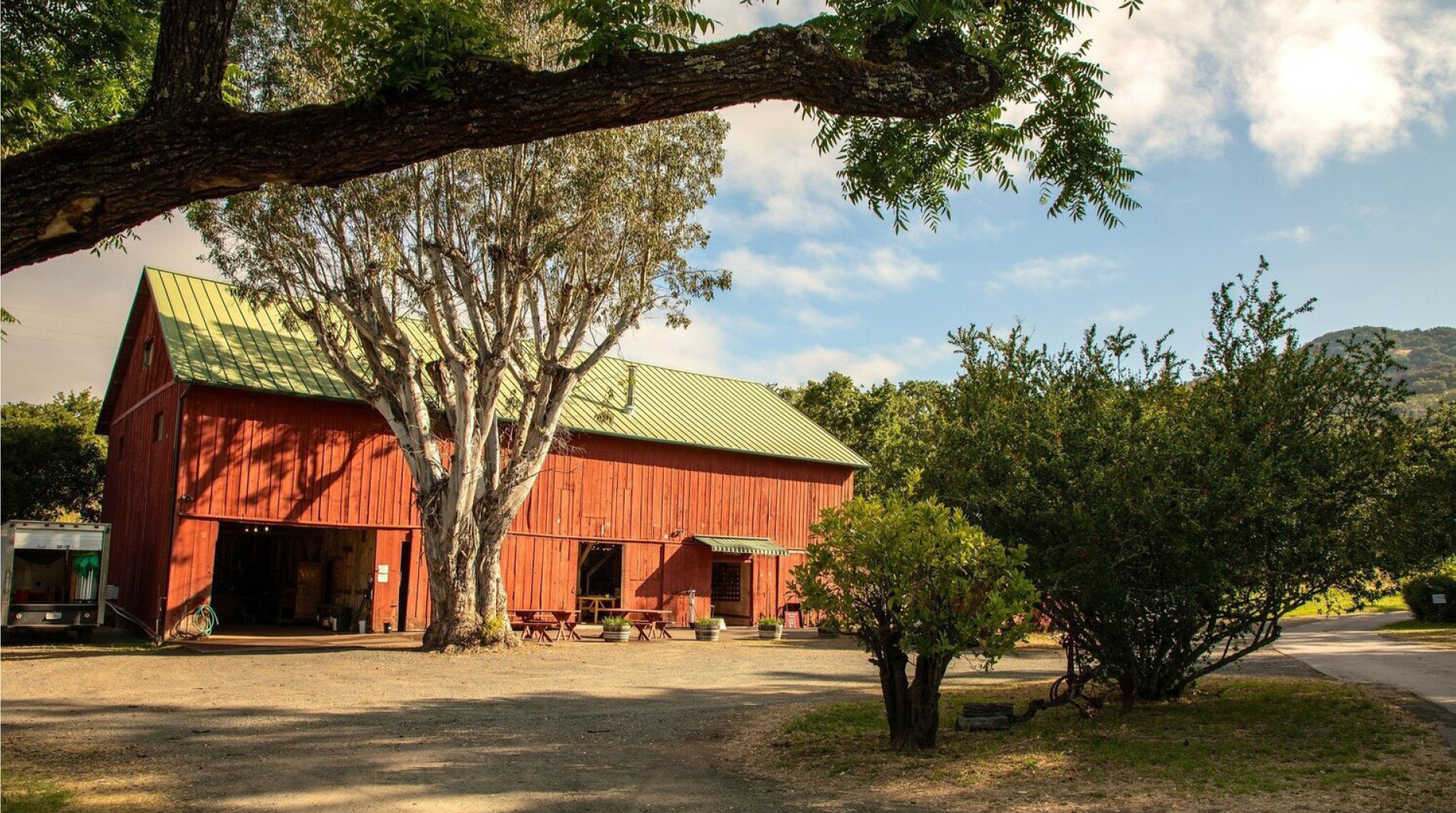
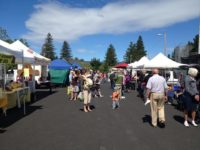
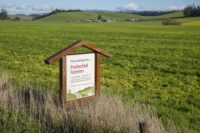
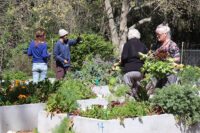
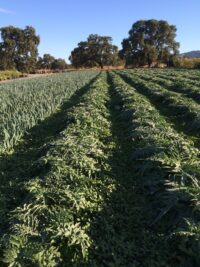
Be First to Comment